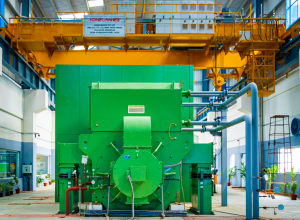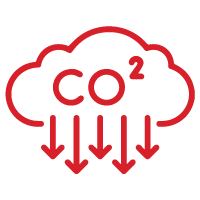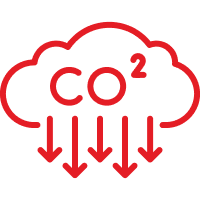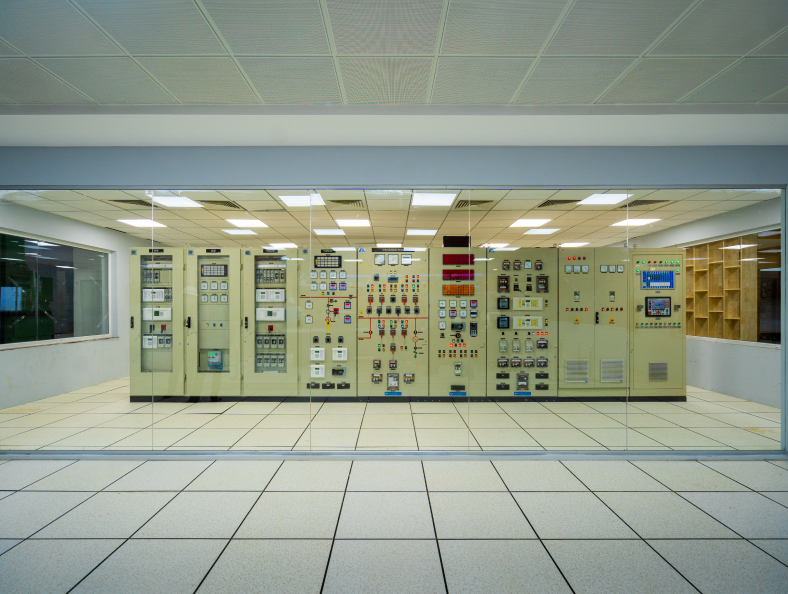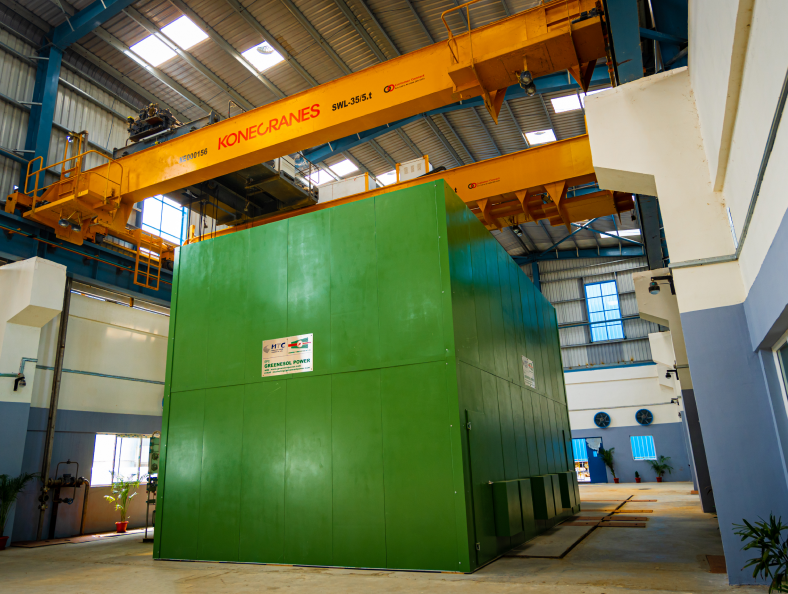Reducing Carbon Footprint With Waste To Energy Conversion
At Re Sustainability, we handle over 5 million tons of municipal solid waste annually and recognize the importance of sustainable waste management practices. With the increasing generation of waste, traditional waste management practices such as landfilling and incineration are no longer viable. That’s why our waste-to-energy (WTE) plants provide a sustainable solution by converting waste into useful energy and reducing the amount of waste that goes to landfills.
Our WTE plants incorporate cutting-edge facilities, real-time monitoring systems, and strict compliance with environmental and pollution norms to ensure safety and efficiency. By recovering energy from waste, our facilities help reduce the volume of waste that ends up in landfills and promote sustainability by reducing reliance on fossil fuels. The remaining ash and by-products are also recycled, further reducing the need for landfilling and promoting resource recovery.
We believe that WTE plants are a crucial component of modern waste management systems, playing a critical role in addressing the challenges associated with waste disposal. With our commitment to sustainable practices and our state-of-the-art facilities, we ensure that our WTE plants not only generate energy but also operate in an environmentally responsible manner.
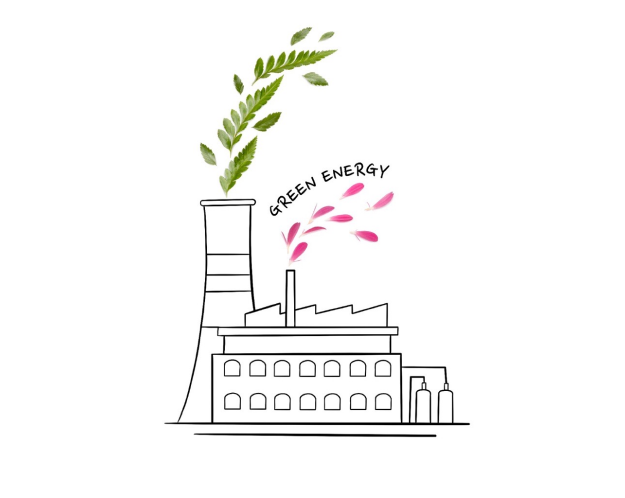



How Waste to Energy Benefits the Environment?
-
Ensure strict compliance with environmental regulations.
-
Reduce the rapid emission of greenhouse gases.
-
Help reduce landfill waste volumes & manage capacity.
-
Create an additional source of revenue for businesses.
Making Impact Through Waste To Energy Conversion
As a major player in sustainable development in India, we have 48 MW waste-to-energy production facilities. Our approach is focused on achieving a streamlined and cost-effective waste-to-energy generation process, which we achieve through the utilization of refuse-derived fuel (RDF) generated at our facilities. By using RDF, we aim to achieve a zero-carbon footprint, further contributing to our commitment to sustainability.
-
Ultramodern Infrastructure Our cutting-edge infrastructure guarantees effective waste-to-energy conversion, allowing for efficient power generation. Our proven process enables the transformation of waste into a usable energy source.
-
Lower Greenhouse Gas EmissionsOur waste-to-energy (WTE) plants contribute to reducing greenhouse gas emissions by diverting waste from landfills. This helps in mitigating the negative impact of organic waste decomposition in landfills, which is a significant contributor to climate change.
-
Strict Legal ComplianceWe ensure compliance with environmental regulations and sustainability best practices at every stage of our energy generation process using municipal waste.
Revolutionizing waste management with technology-driven energy solutions
-
Next-Gen Moving Grate Incineration For Processing Mixed Solid Waste.
-
Ultramodern Economizer To Reduce Energy Consumption To <10%
-
Advanced Analytics For Monitoring Waste To Energy Generation.
-
IoT-Enabled Vehicles For Fast & Efficient Waste Transportation.
Combining technology and sustainability for efficient waste management
-
Our Largest Waste-To-Energy Plant In Delhi Operational Since 2017.
-
Conversion Of Waste To Clean And Usable Energy At Exceptional Rates.
-
Extraction Of Valuable Raw Materials Through Resource Recovery.
-
Reduction Of The Volumes Of Solid Waste Ending Up On Landfills
Sustainable Impact of Municipal Solid Waste Management
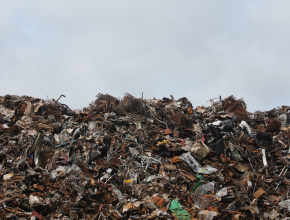
13500
Tons Handled
Per Day

13
States In India
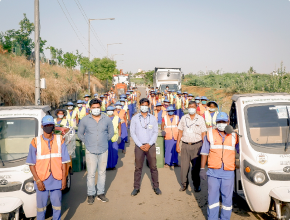
20+
Years Of
Operations
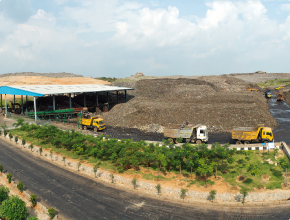
24 MW
Largest WTE In India
